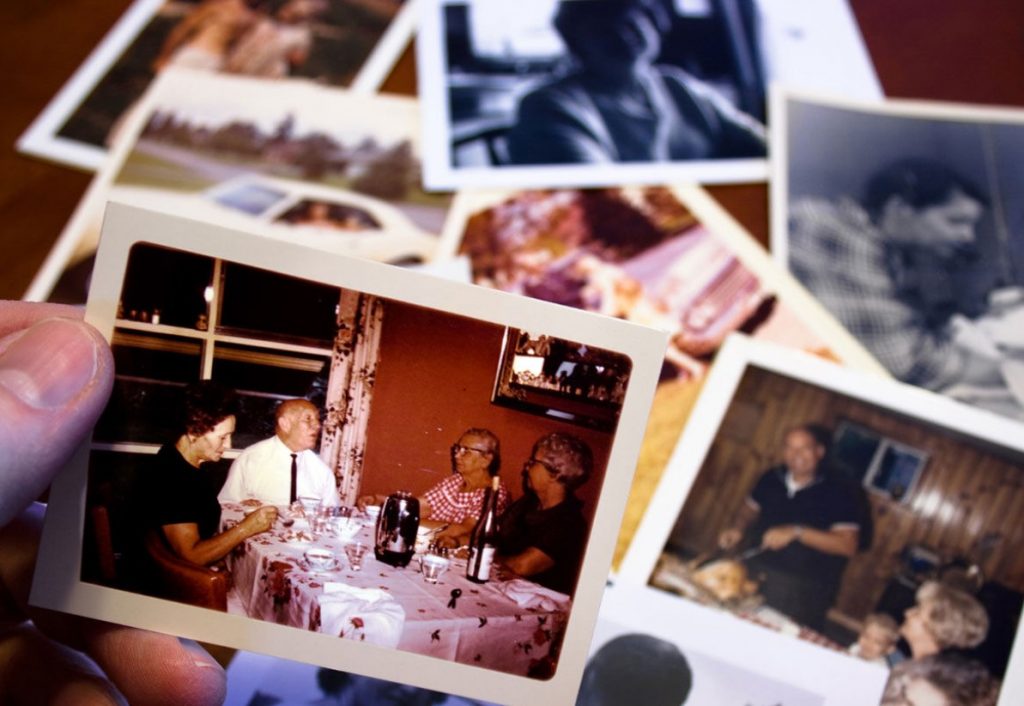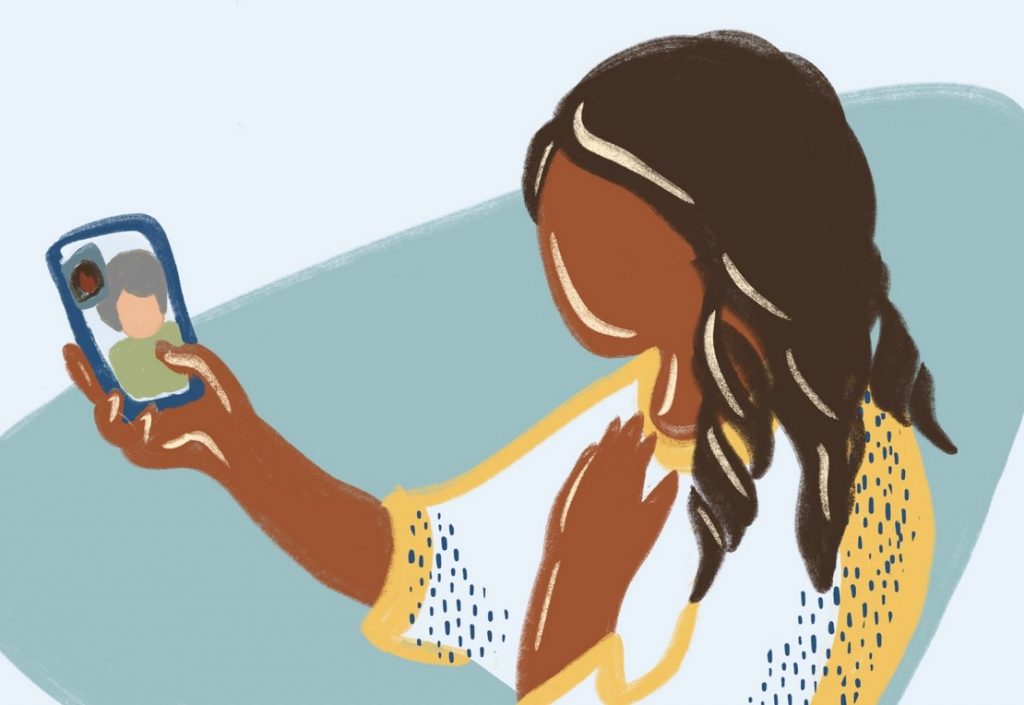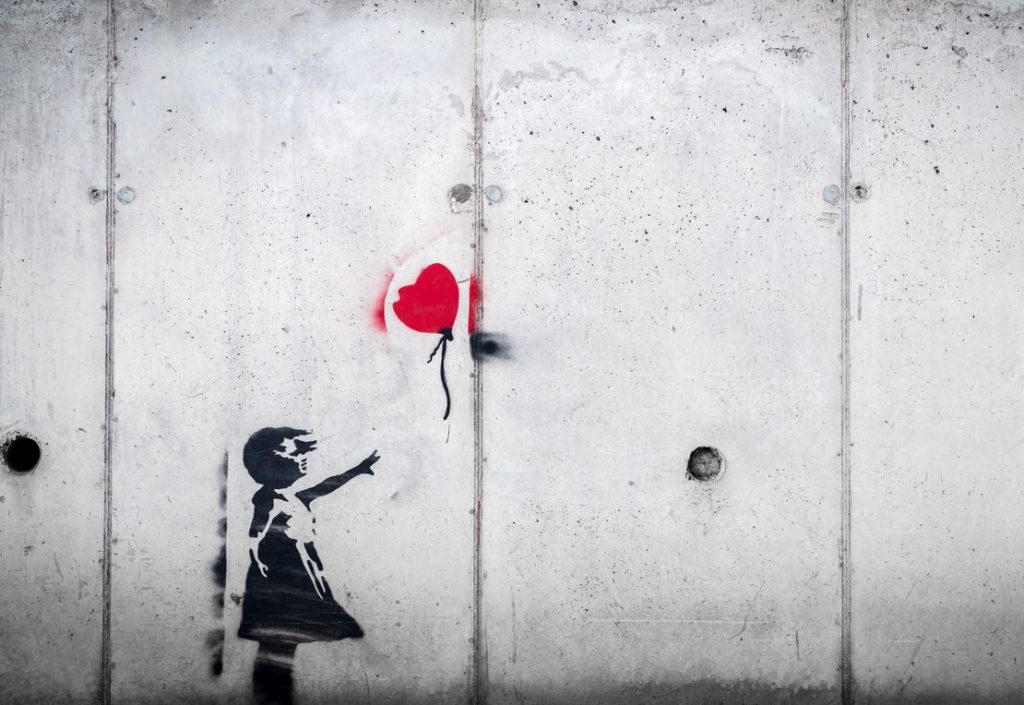For most people, Father’s Day brings with it joyful memories. If you aren’t a parent yet, you may enjoy the day with your old man, partaking in an activity he enjoys – maybe you go golfing, fishing, or head to a baseball game together.
Afterwards, you may sit around the dining table, enjoying his favorite meal and reminiscing about your childhood and what he’s been like as a dad.
If you are a father, this day likely has an even more powerful sentiment for you. On this day, you’re celebrated for the hard work you put in every day, caring for and loving your children. Whether it’s breakfast in bed or handmade cards and gifts, the gratitude you feel is often incredibly heartwarming.
Those are the bright sides of Father’s Day – for some of us, we have an entirely different experience altogether.
Maybe you lost your dad – recently or years ago. Or maybe you lost a father figure in your life, like your grandpa, father-in-law, or uncle. While the grief may fade over time, it often comes back with stinging power on this day in June.
Perhaps you’ve experienced one of the greatest losses of all – the loss of your child. In this case, Father’s Day may bring up a host of mixed emotions – gratitude for the children you do have, and the intense grief of missing the one you lost.
If you struggle with Father’s Day and aren’t quite sure how to get through the day, read on for some ways to navigate this difficult day.

Try to honor your departed loved one
Sometimes we try to ignore our feelings of grief on Father’s Day; we try our hardest not to think about our departed father, child, or grandfather.
When we do this, we create even more internal turmoil for ourselves. When we try to suppress our emotions, we end up creating a potion of painful, conflicting feelings under the surface. Since we’re spending so much energy on trying to suppress these feelings, we might actually end up blowing up in other areas of our lives.
For example, maybe your spouse asks if you took out the garbage yet. Instead of simply replying, “Not yet,” you may dive into all the things you’ve been doing that’s kept you busy.
You jump to anger because your emotions are so unchecked that you can’t control your response.
Pushing down your emotions can create a lot of unnecessary stress and hurt in your life – on a day that is already hard. Instead, try to think of ways to honor your loved one.
If you lost your dad, try making his favorite dinner or dessert. Then, when you’re enjoying it with your family, talk about some fun memories you have of him. Throughout this meal, you may experience deep pangs of grief, as well as joyful moments of remembrance. Grief and joy are not mutually exclusive. You can honor both feelings when they rise up, and let them go after they pass.

Celebrate another father in your life
Maybe your father has passed, and you don’t have any children of your own. In this case, call up a friend or uncle or cousin who has kids and express your gratitude for them, or even send them a gift or card.
Again, as you’re celebrating him, you may feel waves of sadness. That’s perfectly fine. If you feel like you want to cry – cry. But the experience of joyfully being there for someone will start to make the difficulty of Father’s Day a little easier.

Stay off social media
Many of us know that gut-wrenching feeling when you just broke up with your partner, and you see on social media that a friend just got engaged. Or when you’re having a hard time getting pregnant, and your cousin announces her pregnancy.
The same pain is true for Father’s Day. Many people post displays of gratitude and love for their father, which is a lovely gesture. However, for you it can be triggering and difficult to see.
On Father’s Day, and maybe the day or so after, try to avoid social media. If you can, connect with your friends and loved ones in person, so you’re not alone on this day.
If you can, do something that brings you joy and brings movement to your body, like going on a hike or playing frisbee golf. Our moods often naturally regulate better when we’re getting movement, and it gives you something to distract your mind. At the same time, if you do feel that familiar grief pang, allow yourself the space to acknowledge and feel it.

Seek support
With the emotions that are brought up around Father’s Day, it may be worth evaluating the severity of your grief.
Are you unable to get out of bed from the grief you’re feeling? Have you lost interest in some of your favorite hobbies? Are you isolating yourself from your loved ones? Are you locking away your emotions, not letting anyone in to help? Or do you feel numb to it all?
If you haven’t been able to move past your grief, you lost your loved one in a tragic way, or you experience PTSD in some way relating to the loss, you may want to look into treatment options. A good first step is to reach out to a therapist who specializes in grief and loss.
Depending on the severity of your grief, they may recommend you go to a holistic treatment center, like The Exclusive Hawaii, where you can work through the complex emotions in a safe, healing environment.

Go easy on yourself
So maybe you do snap at your spouse on Father’s Day, or you give a curt response to the barista handing you your coffee.
Allow yourself some grace on this day. You may not be perfect, and that’s okay. Grief is a complex and messy thing, and on days of remembrance it’s especially hard.
You’re doing what you can to get through this day. And at the end of the day, that’s enough.

